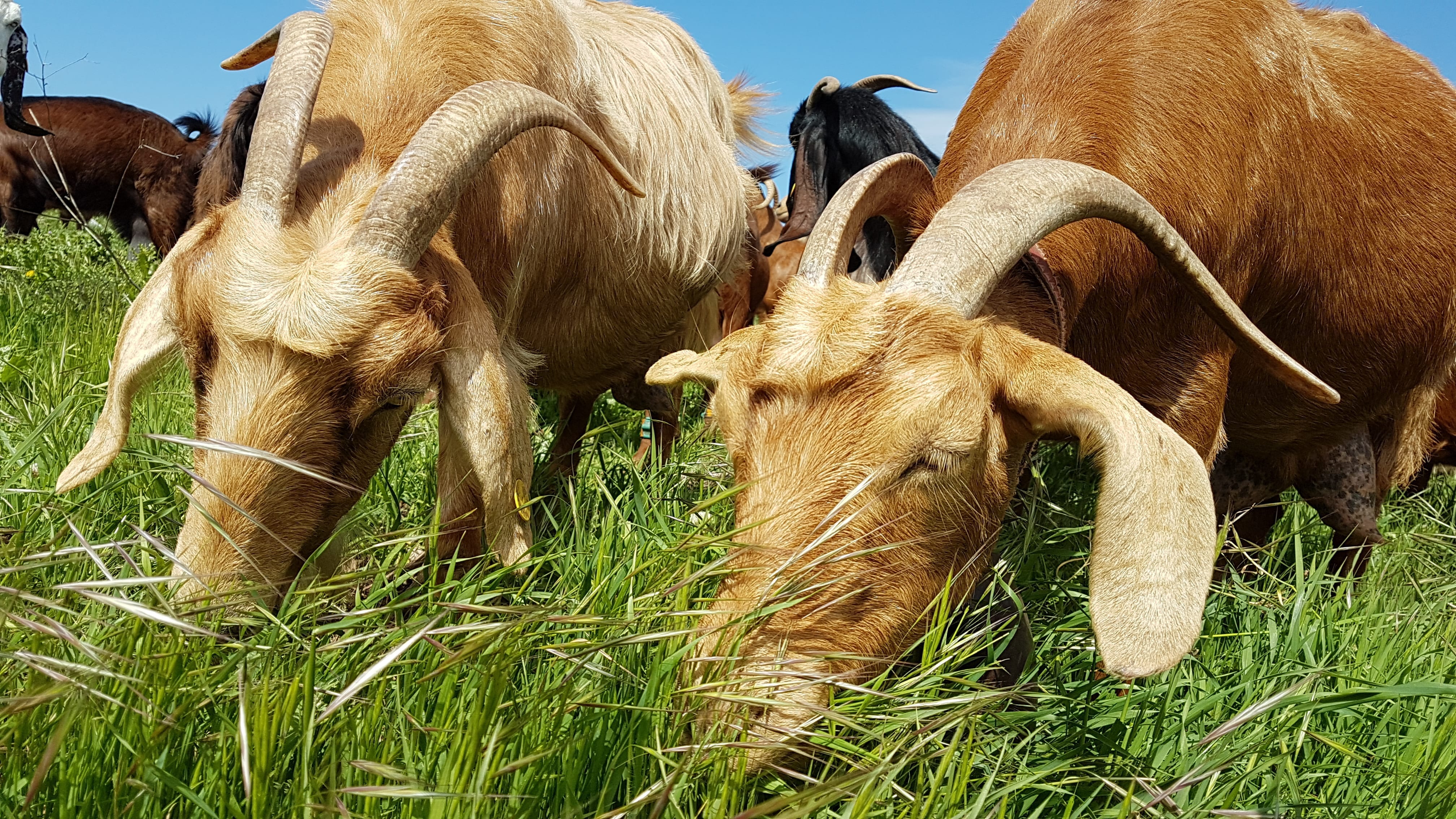Goats’ Table Manners: Avoidance of Herbivorous Insects
Tali Berman, Matan Ben-Ari, Tzach Glasser, Moshe Gish and Moshe Inbar
Herbivorous animals (plant eaters) cause physiological, chemical, structural and phenological changes to the eaten plants. This set of changes causes indirect effects (moderated by the plant) to the dispersal and fitness of the herbivorous insects that exploit these plants. However, mammals may have direct effects (via predation and trampling) on the insects while eating the plant matter. These direct interactions have been scarcely studied, and in fact, it is not clear whether and how herbivorous mammals deal with the presence of insects on their food.




